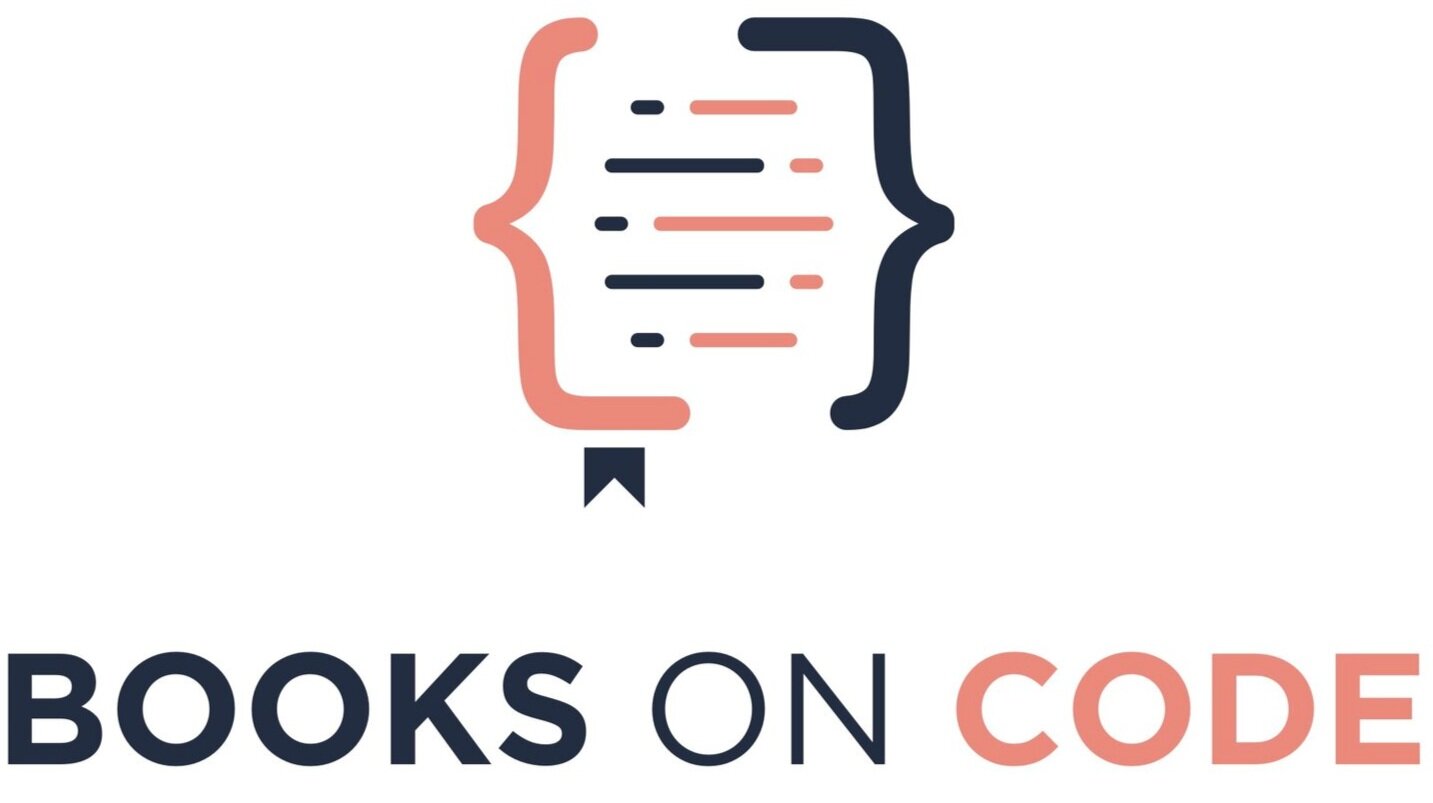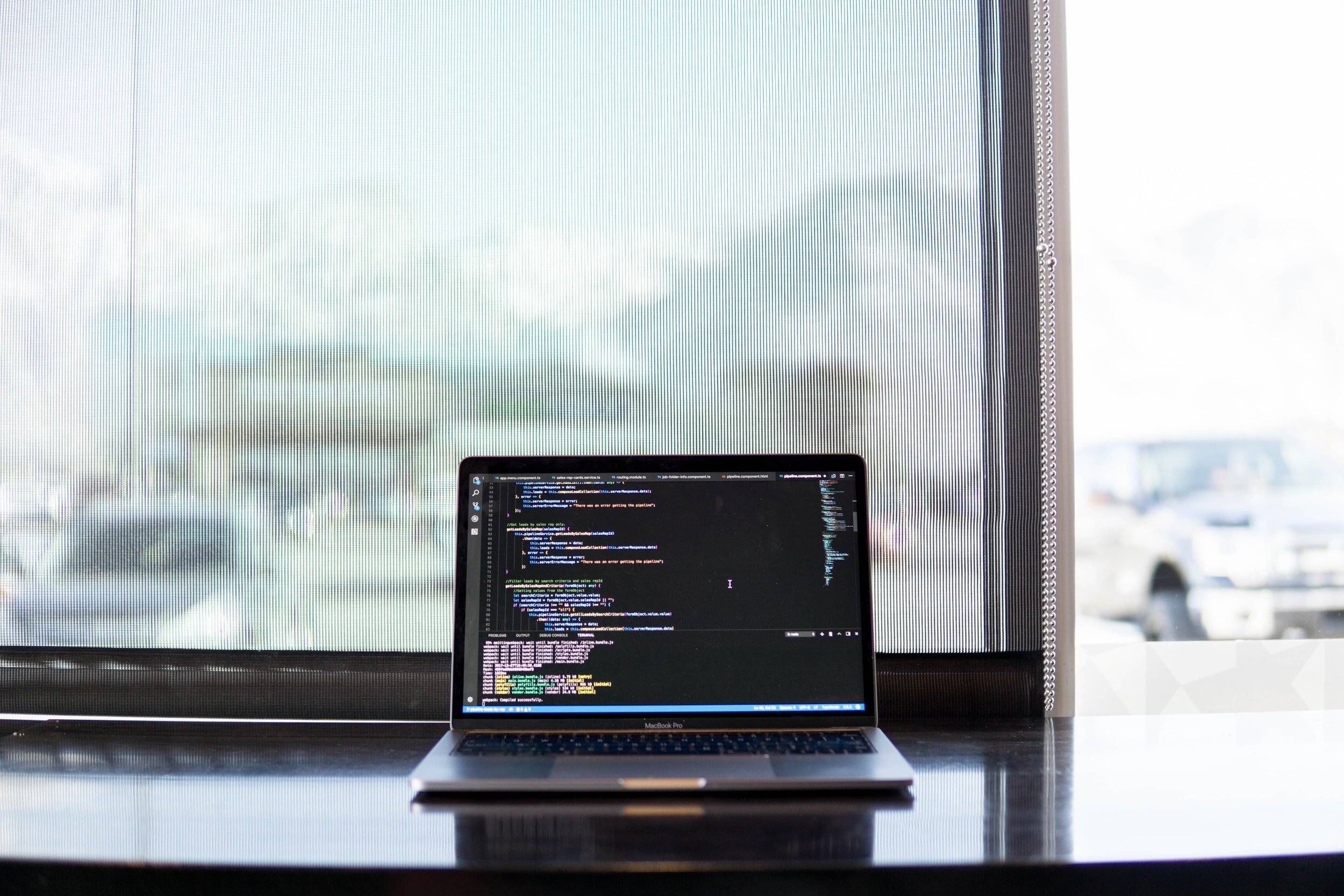5 Best C++ Books for Beginners in 2025
C++ plays quite an integral role in modern times as many contemporary systems such as operating systems, web browsers, and databases have C++ code in at least some part of their codebase.
This object-oriented programming language has a versatile range of applications, including application development and game development. C++ was designed by Bjarne Stroustrup in 1979 to be an extension of the C language.
There are so many great C++ programming books out there for beginners. Choosing the right book is important as it can guide your learning.
In this article, we have compiled a list of best C++ books for beginners through a collection of book reviews. Each book review will highlight the taste of the book, the contents covered, and how it can benefit you.
Why learn C++?
Is C++ a good programming language to start with? Is it a good first language for beginners? Beginners usually tend to shy away from learning the language because of its steep learning curve.
Here are my reasons learning C++ is a great investment in your future:
Safe Investment: C++ has been around for a very long time. Much of the world’s software is written in C++ and that code will always need maintenance. Knowing C++ well will likely lead to job security.
Scalable: C++ is highly scalable and graphics require a lot of resource and 3D games are often built with C++.
Speed: As a statically typed language, C++ is generally more fast and performant than dynamically typed languages.
Compact: C++ has the Standard Template Library (STL) that is very useful as it helps in writing code compactly and quickly as required.
Community: There is a large online community of C++ users and experts that is particularly helpful in case any support is required.
Impact: A lot of web browsers are developed using C++ such as Chrome, Firefox, Safari, etc.
Portable: C++ is portable and programs developed in C++ can be moved from one platform to another.
What Makes the Best C++ Books?
To help you in selecting a well-structured and latest C++ book for beginners, we have narrowed it down to the top 5 best C++ books for beginners.
Here are our criteria for selection of the books:
The book should contain a variety of instructional materials, including exercises, examples, questions, learning activities, and other features that promote a programmer’s engagement and active learning.
It must have a structured, clear, and logical progression of topics.
Content must be up-to-date and should thoroughly teach and explain the basic concepts of C++ programming language.
Use clear, precise, and easy-to-understand language.
The book should have a clear layout and must be friendly toward self-taught programmers.
Best Books on C++
Books make up for the primary mode of learning. With so many books out there to learn C++, the readers are left confused deciding which one to buy.
Here are five of the best C++ books that you can consider to expand your knowledge on the subject:
1. Best book for Completionists: Beginning C++ 17: From Novice to Professional
Beginning C++ 17: From Novice to Professional by Ivor Horton and Peter Van Weert guides you on how to program using the updated C++ 17 language. The book contains standard libraries for C++ 17, an ample collection of examples, and exercises, and a lot to learn directly with C++ 17.
There is no assumption of prior programming knowledge. You will start with the basics and progress through step-by-step examples to become a working C++ programmer. The book focuses on getting acquainted with the programming languages and working on the most advanced features of C++17 efficiently.
This book is divided into nineteen chapters and the contents are:
Chapter 1 covers Basic Ideas
Chapter 2 introduces you to the Fundamental Types of Data
Chapter 3 guides you in working with Fundamental Data Types
Chapter 4 talk about Making Decisions
Chapter 5 covers Arrays and Loops
Chapter 6 covers Pointers and References
Chapter 7 covers Working with Strings
Chapter 8 talks about Defining Functions
Chapter 9 covers Function Templates
Chapter 10 covers Program Files and Preprocessing Directives
Chapter 11 talks about Defining Your Data Types
Chapter 12 covers Operator Overloading
Chapter 13 covers Inheritance
Chapter 14 covers Polymorphism
Chapter 15 covers Runtime Errors and Exceptions
Chapter 16 talks about Class Templates
Chapter 17 talks about Move Semantics
Chapter 18 covers First-Class Functions
Chapter 19 covers Containers and Algorithms
This book walks you through each concept with step-by-step instructions. The contents will make you stay focused and you will not be bored!
2. Best book for hands-on programmers: Beginning C++ Programming
Beginning C++ Programming by Richard Grimes gets you started with the exciting world of C++ programming. It forms the basis of programming and covers concepts such as data structures and the core programming language. The book will enable you to write C++ code that uses the standard library, has a level of object orientation, and uses memory safely and effectively.
This book has a straightforward approach and helps you build strong skills in C++ programming. It is filled with examples, this book will take you gradually up the steep learning curve of C++. The contents covered in the book are:
Starting with C++
Understanding Language Features
Exploring C++ Types
Working with Memory Arrays and Pointers
Using Functions
Classes
Introduction to ObjectOrientated Programming
Using the Standard Library Containers
Using Strings
Diagnostics and Debugging
Whatever your reason for deciding to learn C++ programming, this book is the right place to start!
3. Best book for absolute beginners: Let us C++
Let Us C++ by Kanetkar Yashavant is perfect for the students, programmers, researchers, and software developers who wish to learn the basics of the C++ programming language from the scratch. This book helps you to:
Strengthen the foundations, as a detailed explanation of programming language concepts, are given.
List down all the important points that you need to know related to various topics in an organized manner.
Provide an in-depth explanation of complex topics.
Focus on how to think logically to solve a problem.
The book highlights core features like Encapsulation, Polymorphism, Inheritance, Virtual Functions, Templates, Exception Handling, STL, and more. It is divided into twelve of the following chapters:
Chapter 1 covers Introduction to OOP
Chapter 2 talks about Graduating to C++
Chapter 3 covers Functions
Chapter 4 talks about Classes and Objects
Chapter 5 covers Class Intricacies
Chapter 6 covers Inheritance
Chapter 7 covers Polymorphism
Chapter 8 covers Input/ Output in C++
Chapter 9 talks about Advanced Features of C++
Chapter 10 covers Templates
Chapter 11 covers Exception Handling
Chapter 12 covers Standard Template Library
You would find Let Us C++ easy, yet incredibly thorough. This book is a fun read and valuable to have on your shelf!
More books you may like:
4. Best Book for Interactive Learners: Starting Out with C++ from Control Structures to Objects
If you are looking to get yourself familiar with C++ in the depth, then Starting out with C++ by Tony Gaddis is the right choice for you. It has a step-by-step presentation that helps the beginners to understand the important concepts of C++ programming language.
This was the textbook assigned to me when I studied C++ in college. It is thorough and quality.
The author uses interactive learning methods with a gradual and highly accessible approach. He uses clear, concise, and easy-to-read code with many practical, real-world examples. The contents include control structures, functions, arrays, and pointers before objects and classes. The book covers all the recent changes in technology including expanded material on the Standard Template Library (STL).
The book is divided into twenty-one chapter and the contents covered are:
Chapter 1 covers Introduction to Computers and Programming
Chapter 2 covers Introduction to C++
Chapter 3 talks about Expressions and Interactivity
Chapter 4 covers Making Decisions
Chapter 5 covers Loops and Files
Chapter 6 covers Functions
Chapter 7 covers Arrays and Vectors
Chapter 8 talk about Searching and Sorting Arrays
Chapter 9 covers Pointers
Chapter 10 covers Characters, C-Strings, and More about the string Class
Chapter 11 covers Structured Data
Chapter 12 talks about Advanced File Operations
Chapter 13 covers Introduction to Classes
Chapter 14 covers More about Classes
Chapter 15 covers Inheritance, Polymorphism, and Virtual Functions
Chapter 16 covers Exceptions and Templates
Chapter 17 talks about The Standard Template Library
Chapter 18 covers Linked Lists
Chapter 19 covers Stacks and Queues
Chapter 20 talks about Recursion
Chapter 21 covers Binary Trees
5. Best Book for Serious Learners: A Tour of C++
A Tour of C++ by Bjarne Stroustrup gives novice programmers a meaningful overview of C++ language, some key examples, and practical help in getting started.
The book begins with the basics, then ranges widely through more advanced topics, including many that are new in C++17, such as move semantics, uniform initialization, lambda expressions, improved containers, random numbers, and concurrency.
The book is divided into sixteen chapters.
Chapter 1 covers the basics on how to get started
Chapter 2 covers the user-defined types
Chapter 3 introduces Modularity
Chapter 4 covers the Classes
Chapter 5 covers the Essential Operations
Chapter 6 covers the Templates
Chapter 7 covers the Concepts and Generic Programming
Chapter 8 introduces Library Overview
Chapter 9 introduces Strings and Regular Expressions
Chapter 10 introduces Input and Output
Chapter 11 covers Containers
Chapter 12 covers Algorithms
Chapter 13 covers Utilities
Chapter 14 covers Numerics
Chapter 15 covers Concurrency
Chapter 16 covers History and Compatibility
The book is recommended not just for beginners but for anyone who has a vague understanding of the language and wants to polish his/her C++ programming.
More Ways to Learn C++
Learning C++ requires determination and hard work along with time to learn the language properly and putting it to good use.
Learning any programming language for the first time is difficult, which is why books alone may not be the solution. If you’re interested in interactive or video courses, I have recommendations:
Codecademy is free and offers a beginner-friendly interactive C++ course. With a Pro subscription, you can get a certificate. For more on Codecademy Pro, see my Codecademy Pro review.
Udemy offers tons of C++ courses and project walkthroughs
Coursera and University of California: Santa Cruz offer a deep-dive specialization on C and C++
There is an abundance of resources here for you on your journey. In fact, I’ve compiled over 70 free coding resources. If you’re interested, I’ll see you over there in that article. 👋😊






